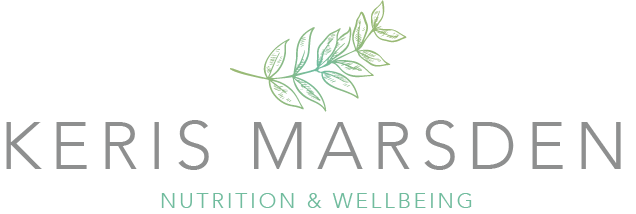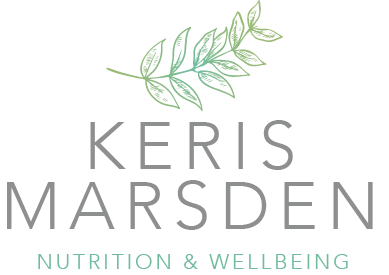Guide to nutritional supplements for perimenopause and menopause
Supplements are now extensively marketed with many promises, especially regarding menopause symptoms.
It’s easy to be tempted to spend a lot of money, however, it’s important to acknowledge that most of these supplements will only be effective alongside other nutrition and lifestyle habits
A nutritious diet, daily physical exercise and supporting your sleep health are essential for any supplement to have the desired effect.
Supplements And Symptoms
Nutritional supplements are a manufactured product intended to supplement your diet by taking a pill, capsule, tablet, powder or liquid.
They can include vitamins, minerals, oils and protein powders.
In terms of perimenopause and menopause supplements can potentially support the following:
• Bone density and joint health
• Increased muscle mass
• Sleep health
• Vasomotor issues (hot flashes/night sweats)
• Cognitive function
• Energy levels
• Hormone related symptoms e.g. PMS, cramping, fatigue
If you are experiencing multiple symptoms and overwhelmed with your supplement options it’s best to have a consultation with a Registered Nutritionist and obtain a personalised supplement plan.
You can contact me for a free exploratory call to find out more about this.
Here’s some starting points to help you establish a foundational supplement plan.
Not all supplement are equal
Ideally all your supplements should be manufactured in a facility with Good Manufacturing Practices (GMP) and the product should display a GMP seal.
Sadly, a number of high street retailers and supermarkets do not offer good quality supplements.
Specialist supplement companies tend to provide cleaner, more effective products by using the ingredients proven to used more efficiently by the body.
If you’re taking any medications always check with your medical prescriber for contradictions (potential negative interactions)
Here’s some quality, specialist supplement brands:
Biocare
Invivo clinical
Nutri advanced
Ovi Formulas (for PCOS but also supportive of perimenopause changes)
Wild Nutrition
Higher Nature
Solgar
Natural Health Practice (NHP)
Viridian
Terra Nova
Designs For Health
Now Foods
Dr’s Best
Thorne Research
Life Extension
Cytoplan
Here’s a few suggestions about which foundational supplements are likely to offer some benefit
1. Menopause multivitamin product
Choose an age specific or peri/menopause version when available as they will contain additional nutrients for bone and hormone health and not contain iron (as there’s less or no menstrual blood loss). Follow manufacturer guidelines on dosing.
2. Chelated magnesium
Magnesium is beneficial for energy, blood sugar regulation and sleep.
Ensure you choose a product that is chelated for example magnesium malate, citrate or glycinate. Magnesium is safe to take and around 200-400mg daily will likely cover you needs.
3. Vitamin D3 and K2
Vitamin D3 is important for bone density, immune function, cognitive function, and sleep health.
It’s beneficial to choose a D3 product that also contain vitamin K2 as they work synergistically and K2 helps move calcium into bones.
During the winter months it’s beneficial to supplement with 400-2000 IU’s (you may need more if you tend to be indoors all day or have darker skin).
You can read more about specific doses on the NHS website here.
4. Essential fatty acids omega 3:6 and sea buckthorn oil
Taking essential fatty acids in the form of Omega 3’s (from fish or algae) and Omega 6 (from evening primrose oil or borage oil) may help with some hormone symptoms and inflammation regulation.
Studies show they can also help lower triglycerides with insulin resistance.
4g doses are used in studies but follow manufacturer recommendations unless under guidance. Always opt for a brand with high purification standards to avoid contamination and the possibility of rancidity.
Some brands that go the extra mile in manufacturing quality oils include Nordic Naturals, Eskimo, Udo’s, Rosita, Biocare, Bare Biology, Cytoplan, Viridian, Terra Nova, Bonusan, Thorne, Designs For Health.
Some research also suggest Sea Buckthorn Oil may help with vaginal atrophy and dryness.
5. Chelated Zinc
Zinc is required as a co-factor for 100’s of chemical reactions within the body so may help with numerous symptoms by promoting better sleep, digestion, immune system balance and cognitive health.
If supplementing, look for a chelated form (citrate or picolinate) and take away from food to maximise absorption.
Look for a product that also contains copper (to keep zinc: copper ratios optimal) or ensure you eat dietary copper with nuts, dark chocolate and organ meats.
6. Creatine and protein powders
Creatine is beneficial for increasing muscle mass and function which can help with energy regulation, exercise performance, bone health, sleep and cognitive function.
Look for the Creapure™ to denote quality manufacturing.
The recommended dose is 5g (1 teaspoon daily).
As muscle mass declines with age and this can accelerate through menopause, protein powders can be helpful to meet your protein requirements.
Check out my Protein 101 guide for more information.

